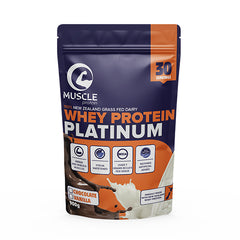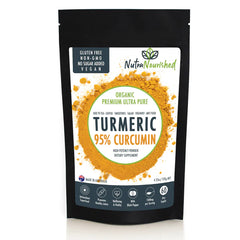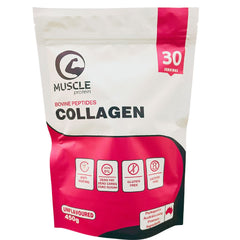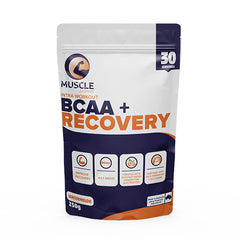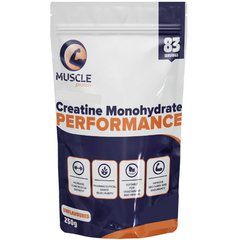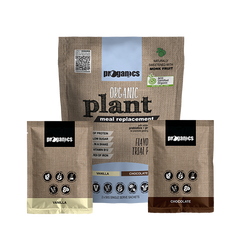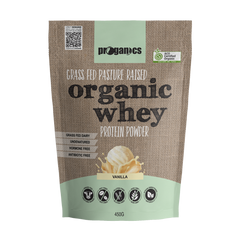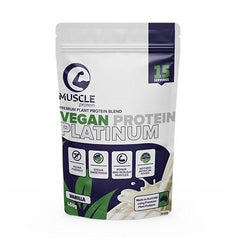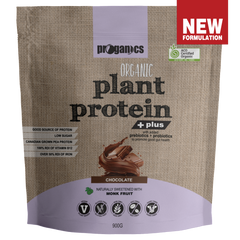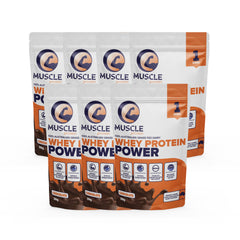Collagen and Gut Health
Collagen is a protein that is found in the connective tissue of animals, including the skin, bones, and tendons. It is a key component of the body's natural healing process and is essential for maintaining the health and integrity of the skin, joints, and other tissues. In recent years, collagen has gained popularity as a dietary supplement, with many people taking it to support a variety of health concerns, including gut health.
There are several ways in which collagen may benefit gut health. One of the primary ways is by supporting the health of the intestinal lining. The intestinal lining is a vital part of the digestive system and is responsible for separating the inside of the intestine from the rest of the body. It acts as a barrier, preventing harmful substances and bacteria from entering the bloodstream. When the intestinal lining is damaged or compromised, it can lead to a variety of health problems, including leaky gut syndrome.
Leaky gut syndrome is a condition in which the intestinal lining becomes damaged, allowing substances such as bacteria, toxins, and undigested food particles to pass through the lining and into the bloodstream. This can trigger inflammation and an immune response, leading to a variety of symptoms, including bloating, abdominal pain, and diarrhea.
There is some evidence to suggest that collagen may help support the health of the intestinal lining and reduce the risk of leaky gut syndrome. For example, one study found that taking a collagen supplement significantly improved symptoms of leaky gut syndrome in a group of patients with Crohn's disease, a chronic inflammatory bowel disease.
In addition to supporting the intestinal lining, collagen may also help reduce inflammation in the gut. Inflammation is a natural response of the body's immune system to injury or infection, but chronic inflammation can contribute to a number of health problems, including gut disorders. Some research suggests that collagen may help reduce inflammation in the gut and other parts of the body, potentially by modulating the immune system.
Collagen may also have other benefits for gut health. For example, some people take collagen to help improve symptoms of irritable bowel syndrome (IBS), a common disorder that affects the large intestine. There is some evidence to suggest that collagen may help reduce symptoms of IBS, such as abdominal pain, bloating, and diarrhea. However, more research is needed to confirm these findings.
It's important to note that collagen is not a cure-all for gut health issues. While it may have some benefits, it is not a replacement for a healthy diet and lifestyle. To support gut health, it is important to eat a varied diet that includes plenty of fruits, vegetables, and fiber, and to stay hydrated. It is also important to manage stress and get regular exercise.
In conclusion, collagen is a protein that is found in the connective tissue of animals and is believed to have a number of health benefits, including improving gut health. Collagen may help support the health of the intestinal lining, reduce inflammation in the gut, and improve symptoms of irritable bowel syndrome.




